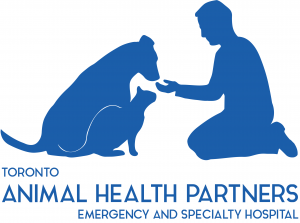WHEN BAD THINGS SMELL GOOD: PROTECTING YOUR DOG FROM HARMFUL ‘TREATS’
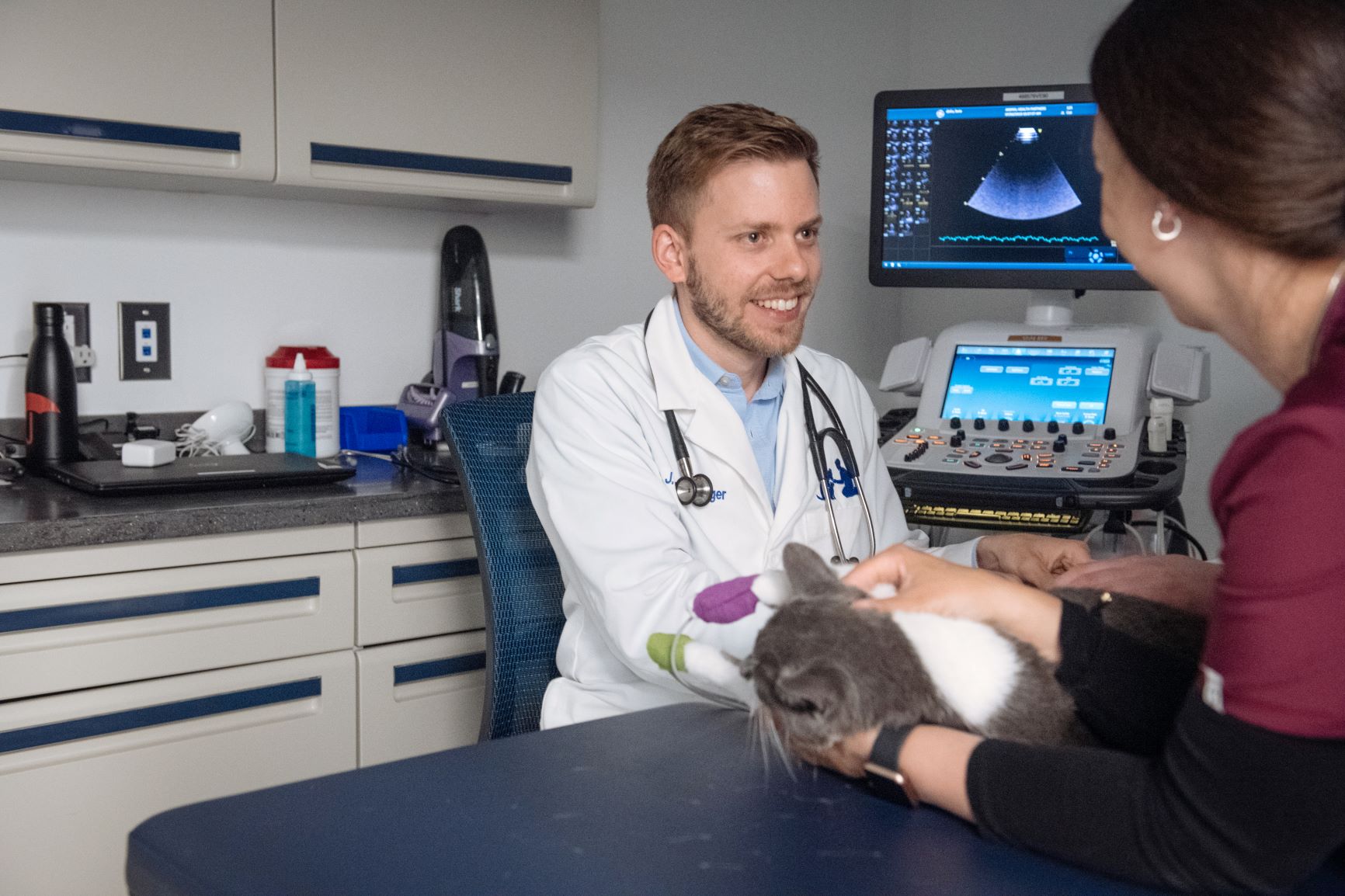

Every dog owner knows that our canine friends lead by their nose and mouth, and then their brains catch up. Reflecting this primal canine drive, a day in the emergency room is never without a toxin or two. Our close living quarters, access to a variety of foods, medications and toxins can provide our dogs a plethora of opportunities to get themselves into trouble.
As an owner, you try to prevent access to the toxins, but you may not realize that some of the foods are toxic to our canine friends. So, here is a partial list of some of the toxins we frequently encounter.
Chocolate
Chocolate cravings are not just for people. Dogs love chocolate, but chocolate does not love dogs. Toxicity is dependent on two things: the type of chocolate and the size of the dog. Dark chocolate is most toxic, while milk chocolate is the least toxic. White chocolate does not contain xanthine, theobromine or caffeine (which begs the question is it chocolate?) and is not specifically toxic but can cause vomiting and diarrhea if enough of it is ingested.
Symptoms of chocolate toxicity include agitation or restless behaviour, panting, increased urination, vomiting and diarrhea. More concerning symptoms may be missed at home including irregular heart rhythms. Early treatment of chocolate ingestion can allow your veterinarian to induce vomiting and can often prevent or minimize the symptoms.

Marijuana
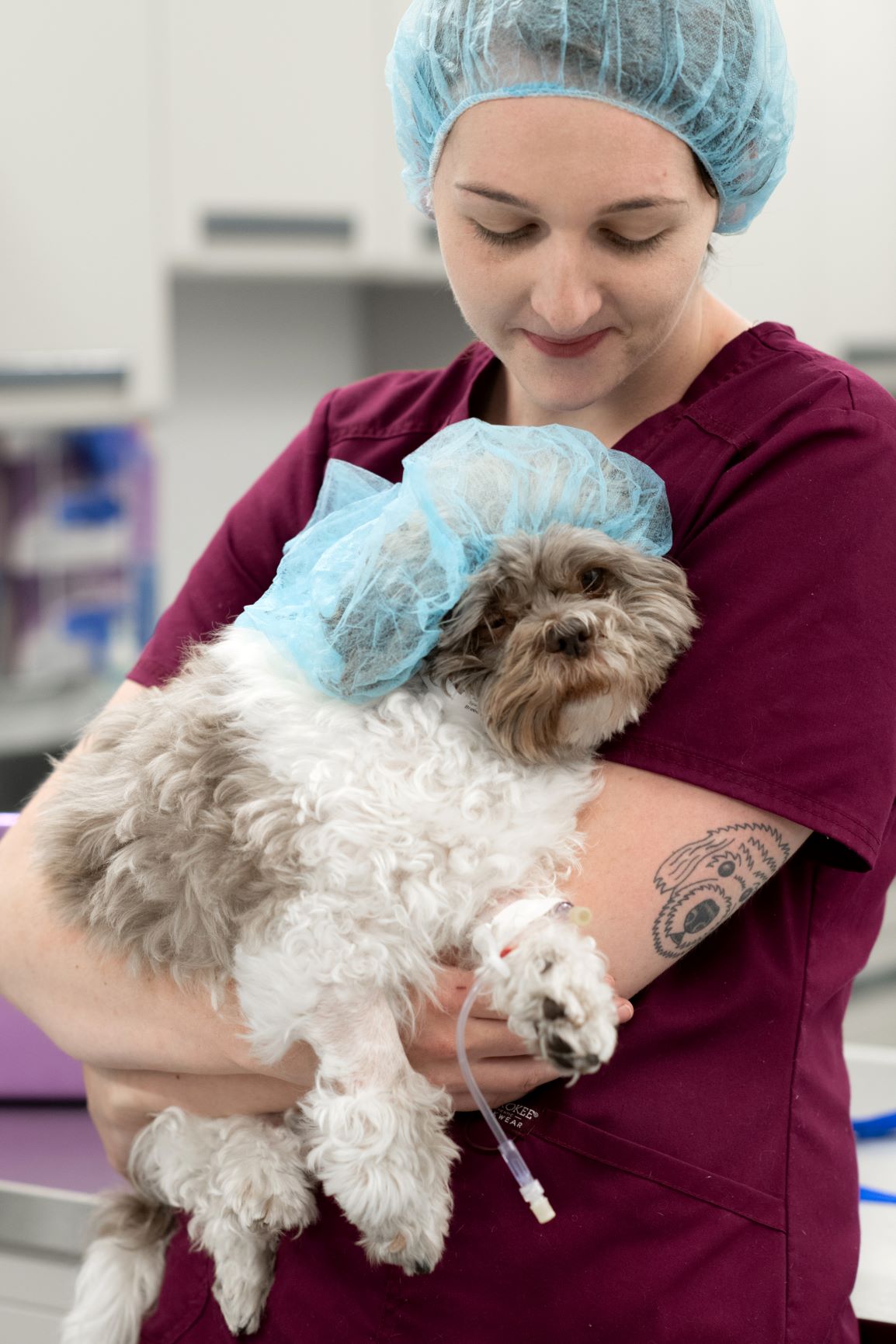
Up until recently this would not have been on the list of “foods,” but edibles have hit the market and the variety of possible treats is wide ranging. Dogs have a strong propensity for the smell and possibly flavour of marijuana, making it one of our most common toxicities in the emergency room. The most common symptoms of this are altered mentation where the dog may seem very quiet but startles easily, may have difficulty walking and may be difficult to rouse at all. In addition, we can see dribbling of urine and sometimes vomiting. If caught early inducing vomiting may mitigate or decrease the symptoms. Supportive treatment including intravenous fluids and in more severe cases intralipid therapy can help to reduce the severity or duration of symptoms.
Raisins/Grapes
More than one owner has informed me that “they used to feed their dog grapes every day and they lived to be 15 years old”. True – but I have also seen dogs die from a very small number of ingested grapes. We do not know the exact mechanism of toxicity, but we do know it is a real and present danger. Grapes and raisins cause kidney failure which can be irreversible and fatal. The amount required to be toxic is also unknown. Be aware of hidden raisins in the baked goods. These are definitely foods that should be kept away from your dog and early intervention can mean the difference between life and death.

Onions/Garlic/Shallots/Chives/Leeks
The family Amaryllidaceae contains all these plants. Ingestion of a sufficient quantity of these plants by your dog can cause destruction of red blood cells. The loss of these oxygen carrying cells in the bloodstream results in weakness, increased respiration rates, pale mucous membranes and possibly a change of colour of the urine. This is not an immediate reaction, but it can be fatal if not caught. Treatment can require blood transfusions, which are expensive so it is best to avoid ingestion. In the case of ingestion, seeking immediate veterinary attention may prevent more costly treatment options.
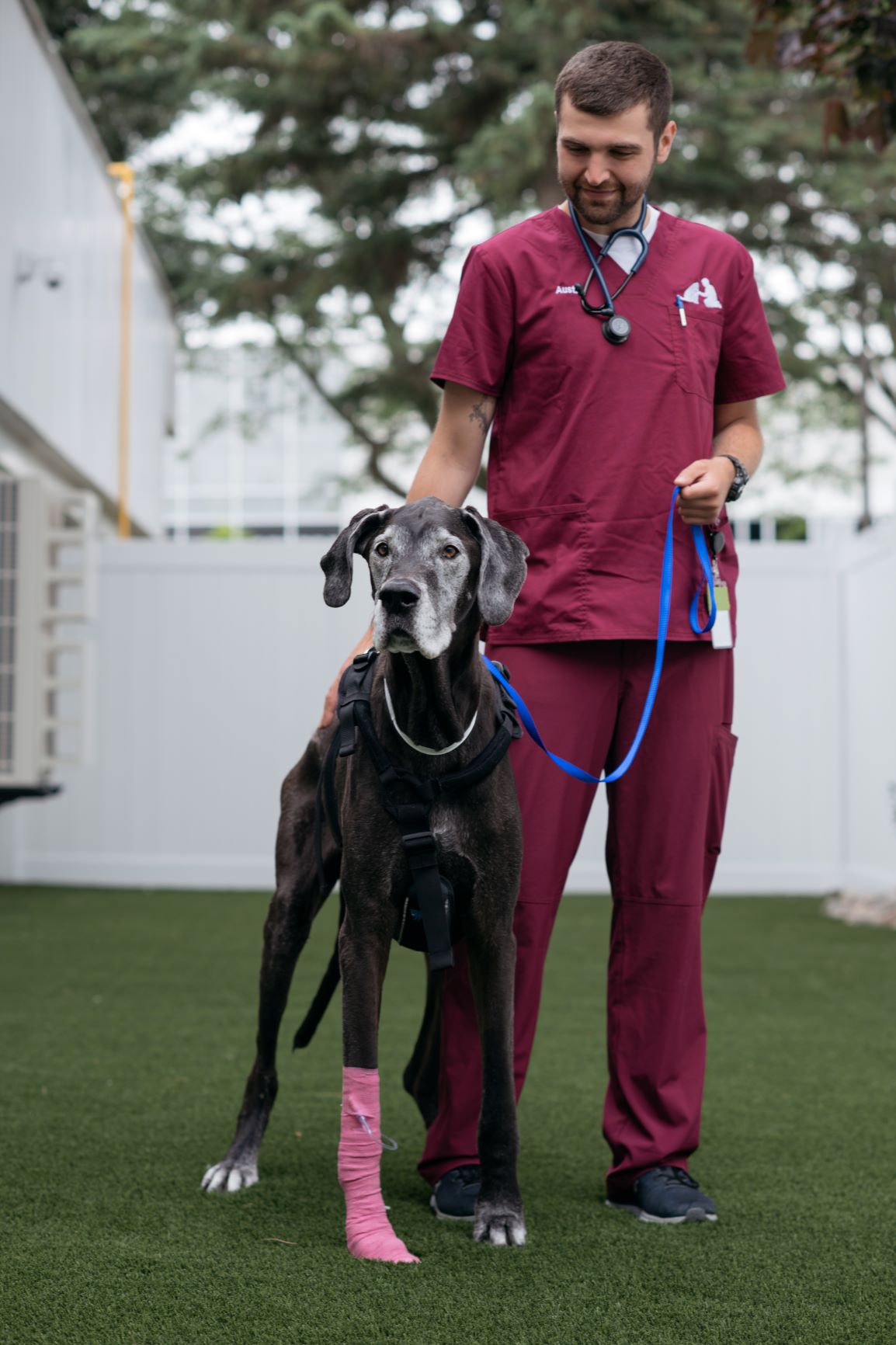
Avocados

Who doesn’t love avocado and toast! Fortunately, this concoction is not toxic, but the seed of the avocado does pose some dangers. Avocado seeds contain persin (a fungicidal toxin) which can cause vomiting and reportedly heart damage. This is rare in my experience. The greater concern is for an intestinal foreign body. Large dogs have swallowed these slippery stones whole and endoscopic retrieval is usually impossible causing surgery to be the only solution. Avocados are best kept far away from our dogs.
Xylitol
Xylitol is a naturally occurring substance that is widely used as a sugar substitute. Although it is safe for people, it is extremely toxic to dogs. It is found in foods, oral cleansers and most frequently chewing gum. The toxic dose of xylitol is surprisingly small with some brands of gum containing enough xylitol in 2 pieces to cause significant harm in a 20kg dog. Symptoms of xylitol toxicity include vomiting, weakness, lethargy, tremors or seizures. These neurological signs are due to hypoglycemia or low blood sugar. An ingestion of a large amount can cause liver damage which can be fatal. Like all toxins prevent access by reading labels and avoid this substitute in your house. If ingested, early intervention is a must.


Macadamia Nuts
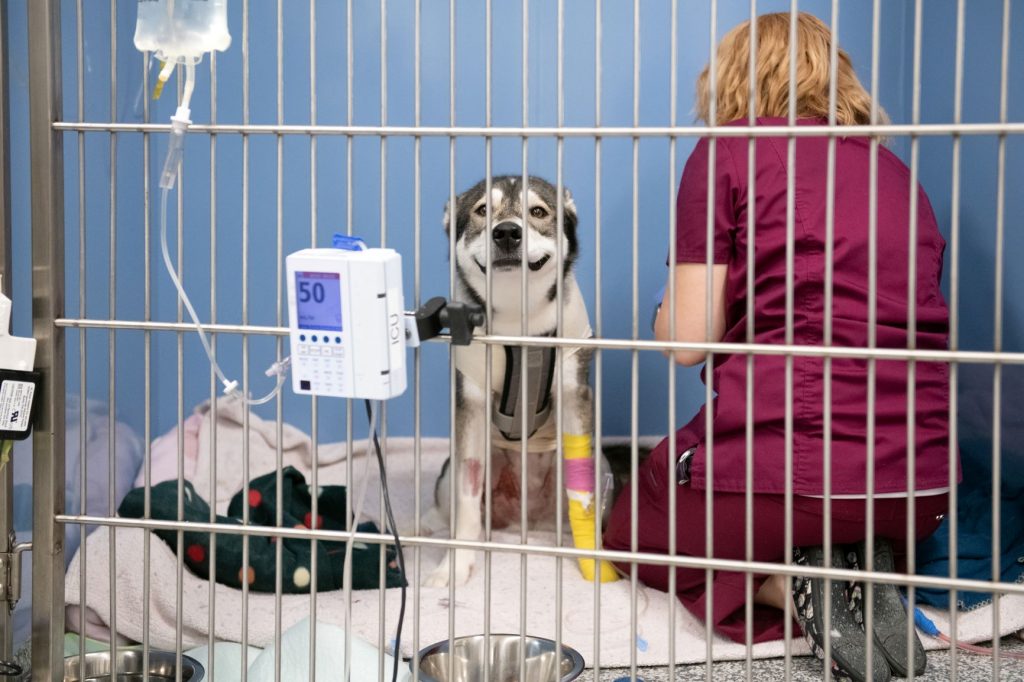
Likely because of their cost this is not a commonly seen toxin – which is good because it is a particularly unpleasant one for our canine patients. The mechanism of toxicity is not known but symptoms include vomiting, difficulty walking, weakness, fever, muscle tremors and depression. Dogs seem to be the only animal that is reported to suffer from this. The toxicity is relatively high with some reporting that about 5 nuts per kilogram can cause symptoms. Symptomatic treatment is the only recourse once the toxin has been absorbed.
Dough

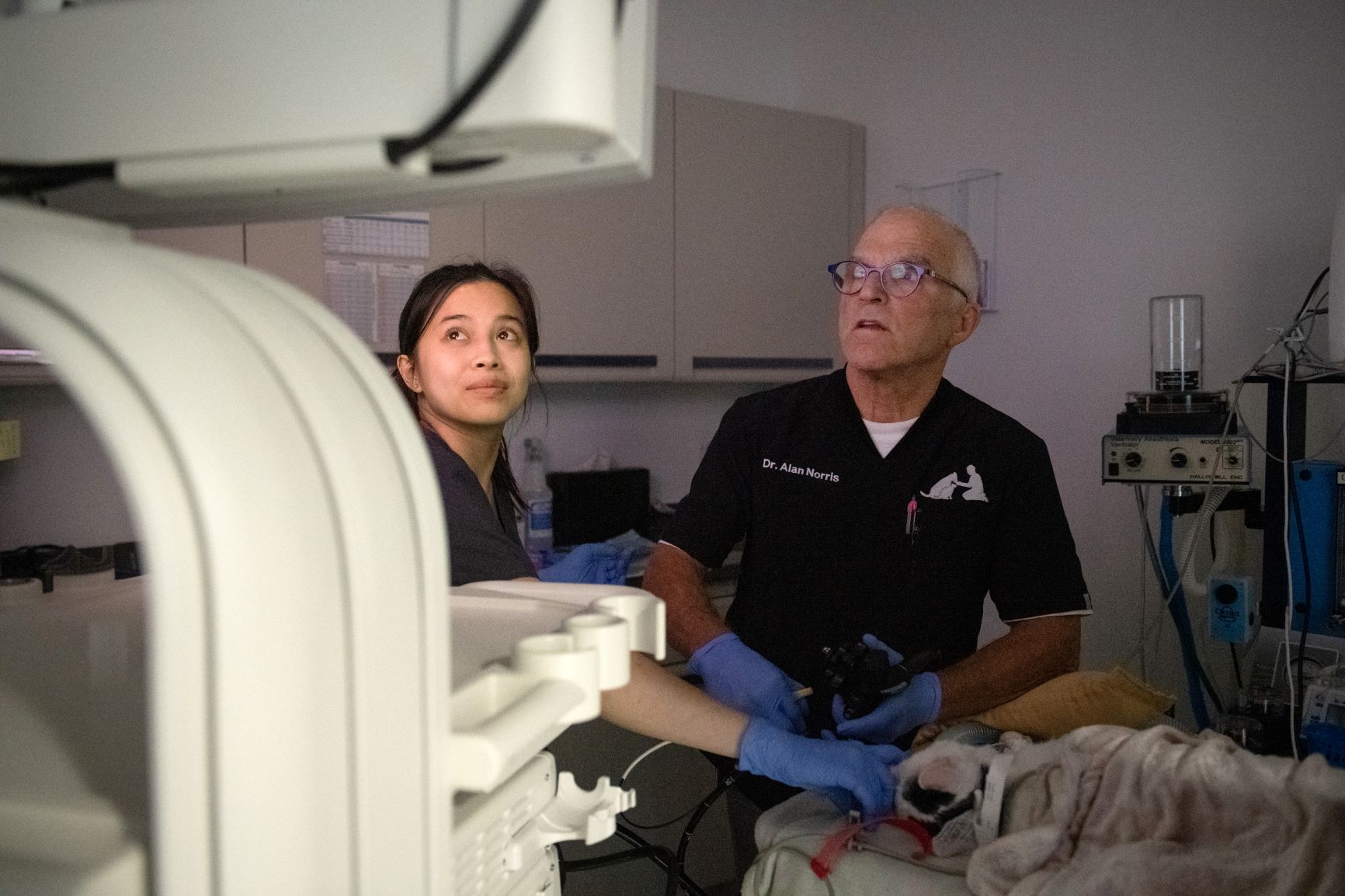
Under this category we want to think of both yeast-based doughs (bread dough) and salt-based doughs (“Play Doh” for example). The former can cause profound gastric distension, mechanical obstruction and even damage to the stomach wall as the stomach itself is a great environment for dough to expand. In addition, the fermentation process can lead to neurological signs due to ethanol production and acidosis. Altered mentation, tremors, seizures, abdominal pain and/or distension, vomiting or retching can all be seen. Ingestion of yeast-based dough can be fatal if not aggressively managed in a hospital setting and although rare – surgery has been required to remove the dough.
The salt-based doughs that are sometimes created for play or arts and crafts are also appealing to our canine friends and the quantity of salt in a small amount is highly toxic. Symptoms include vomiting, diarrhea, decreased appetite, lethargy, incoordination, increased drinking and increased urination. In severe cases, tremors, seizures, coma, and even death are possible. This is a medical emergency.
Mouldy Foods
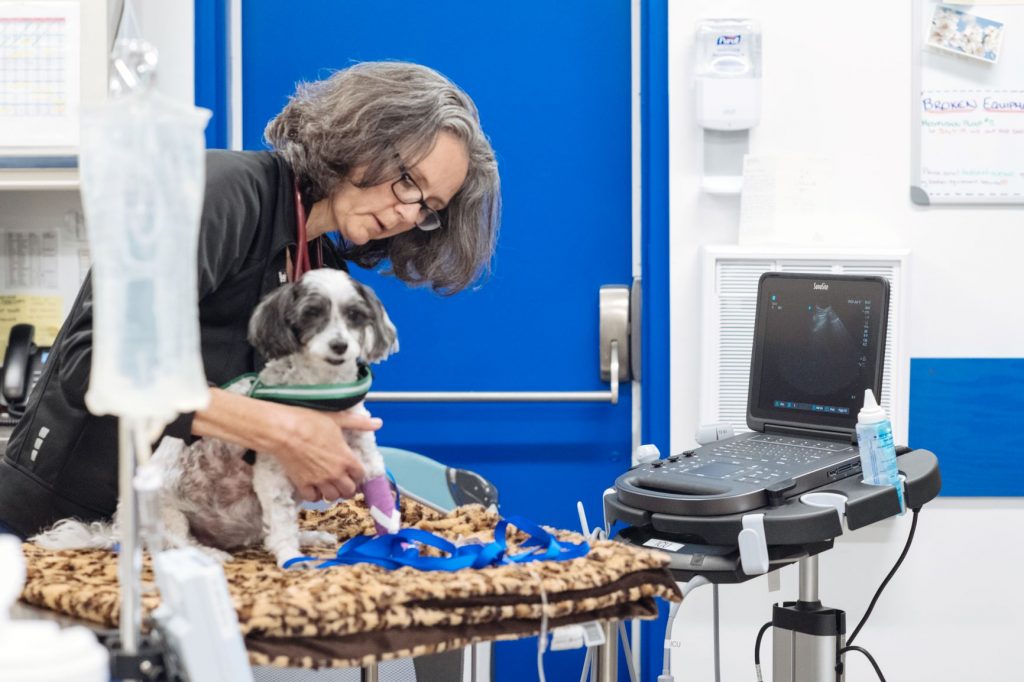
Dogs don’t have the same aversions that we do. Eating the end of the mouldy cheese or taking the opportunity to raid the compost bin for the loaf of discarded mouldy bread are both gastronomic delights for our dogs. Mould contains mycotoxins and this substance can result in vomiting, diarrhea, tremors and even seizures. Knowledge of the ingestion of mould allows for early treatment and may prevent the symptoms and need for hospitalization.
Our dogs love our food, but there are treats that we should not share and must keep away from our pets. Knowledge of these items is the first step in keeping your companion safe. .
About The Company
Animal Health Partners Toronto is a new veterinary emergency and specialty hospital modeled after best practices in human medicine. Lead by a team of highly qualified veterinary specialists, Animal Health Partners Toronto Emergency and Specialty Hospital is bringing the world’s best practices of private human healthcare to veterinarian care.
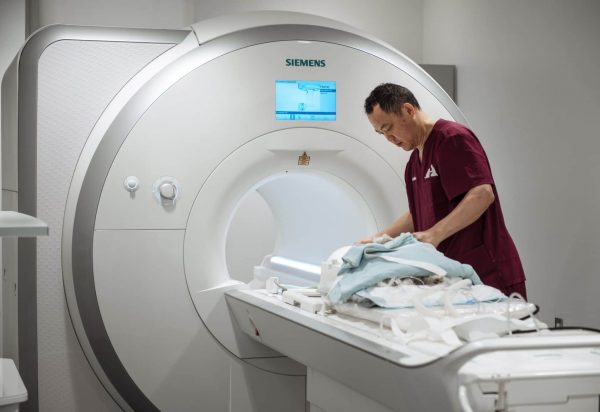
The technical proficiency and medical equipment at Animal Health Partners equals or exceeds that found in sophisticated human hospitals.
Animal Health Partners provides the highest-quality Veterinarian Services in Toronto. Our specialists combine their collective knowledge and skill in the treatment of complex or multifaceted cases. We serve as an extension of your family veterinarian and provide exceptional specialty care by treating our patients as if they were our own pets.
Our Core Values
Quality
At the root of all we do at Animal Health Partners is a commitment to the highest quality of veterinary care. This means that the diagnostic tests we run and the treatments we provide are informed by the best available scientific evidence and implemented by the most highly qualified veterinarians and staff.
Compassion
We understand that the experience of illness and injury can be painful and scary for pets and their owners. We strive to reduce discomfort as much as possible using gentle handling techniques, appropriate pain-management, stress-reducing design features, non-invasive interventions and a continuous emphasis on empathic patient-centered care.
Service
Intrinsic to our goal of providing the highest quality of medicine is providing efficient, courteous, attentive and responsive service to the owners and referring veterinarians that have entrusted us with the care of their pets and patients.
Innovation
Medicine is rapidly evolving. Our technologically advanced institution is equipped to employ and pioneer the most cutting-edge diagnostic and treatment modalities available in veterinary medicine with the goal of improving the quality of care for all patients.
Partnership
High-quality care and optimal patient outcomes rely not on any one individual but on the strength of the connections between many. Ensuring the best possible outcomes for our patients means creating solid partnerships with their owners and referring veterinarians. It also means establishing relationships more broadly with the community, the human medical field and with industry.
